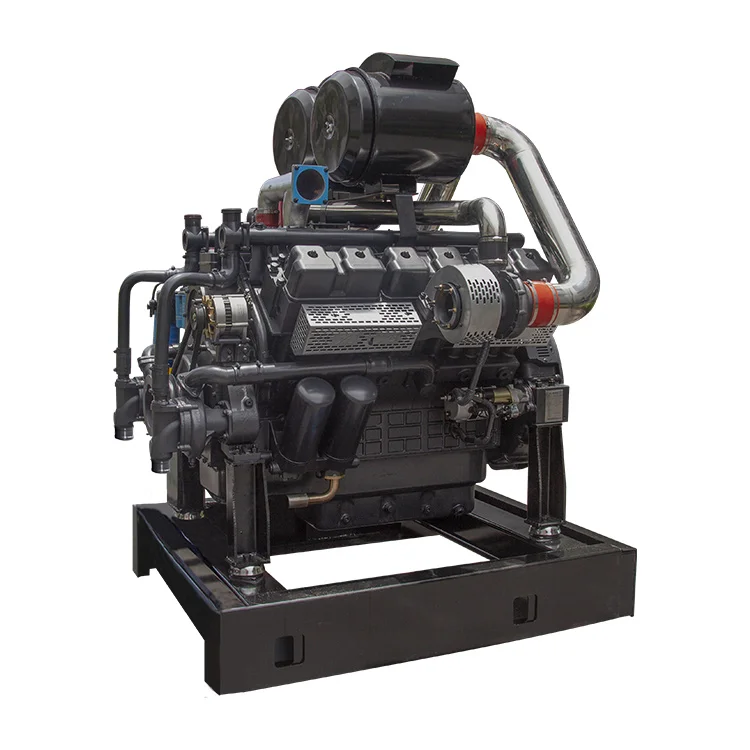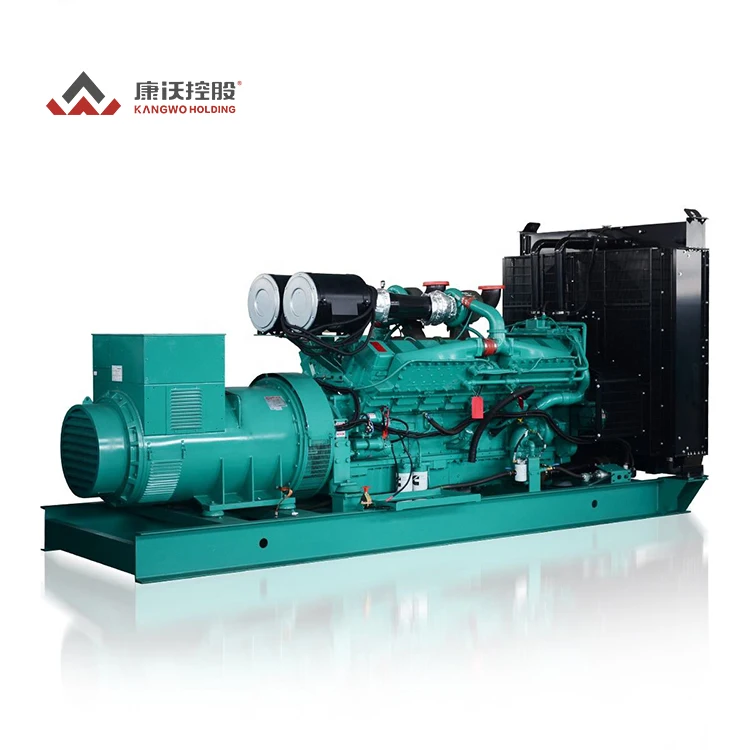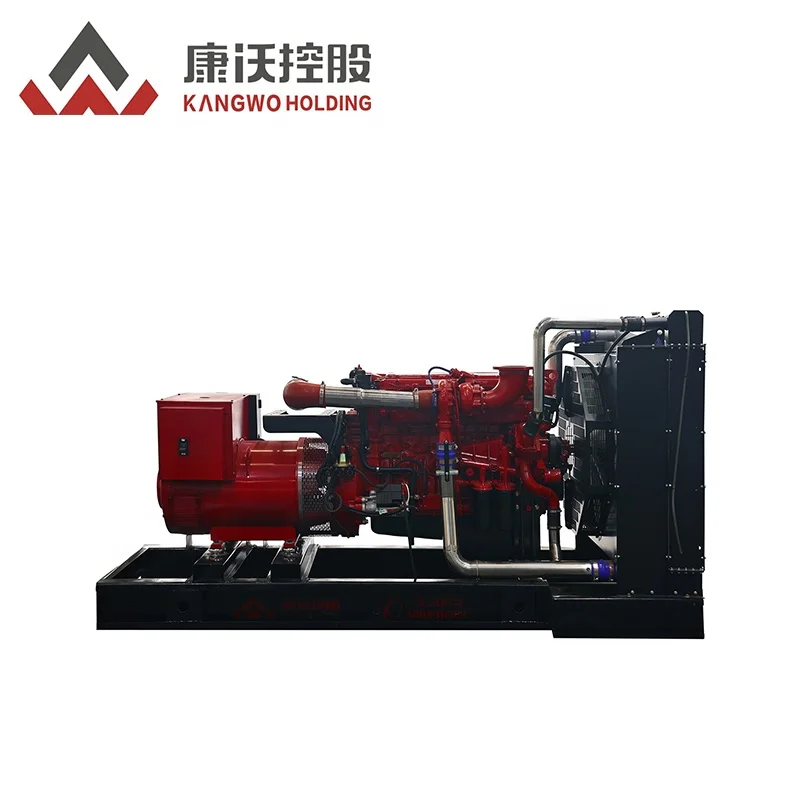Ever heard of a thumb drive? It’s a useful machine that produces electricity. Put more simply, a generator is something that uses energy from fuel like gasoline or diesel and changes that into electricity that we can use to power our homes, schools and more.
If you’re new to generators, you might want to know that there are different types. Some can be easily portable and light, making them very convenient for a camping trip or an activity outdoors. Others are larger, intended to generate power for buildings or worksites. Generators are important to provide us electricity when we want it, no matter where we are, be it just for one specific location, a house, or a whole neighborhood.
There are two primary types of generators: standby generators and portable generators. Typically located outside a building, standby generators switch on automatically when the power shuts off. They are frequently deployed in hospitals, schools and other commercial facilities to keep the lights on in the event that the main electrical supply fails.
Its smaller profile allows for more portability that adds to its convenience feature. They’re ideal for something like a camping trip or an event without reliable power. Portable generators are available in various sizes, so be sure to choose one that meets your needs.

Generators, like all machines, require regular maintenance to function properly. Maintaining your generator can help prevent issues and extend its life. Oil change Taking the valves loose/Replacing filters Checking for damage You can rely on your generator, as long as you take care of it.

Consider a few things when selecting a generator. Here is the first; the power you are going to have to work with. If you want to power stuff that really matters — like refrigerators and heaters — you’ll need a bigger generator. Also consider what kind of fuel it uses — gasoline generators are widely available and simple to find, while diesel generators consume less fuel.

The size and weight of the generator being another factor. If you’ll need to move it long distances frequently, a smaller, portable generator may be preferable. Finally, consider how noisy it is — some generators can be quite loud, so if the sound of a generator grates on your nerves, you may want to invest in a quieter one.
Kangwo Holdings innovatively uses modern, efficient real-time CRM system run after-sales service system, provide after-sales support, warranty period 1 years 1,000 hours providing gerador fast technical, accessories support service any time. company currently independent iterative RD systems technical experts 10 years old experience research development.
four primary teams research developments comprised marines engine design geradors new energy engine designs, fresh energy gerador designs, Generator set designs. There 190 service suppliers offers comprehensive services China. market presences expanded Europe, Africa, Americas wells Southeast Asia region develops complete services providers countries Turkey, Singapore Dubai, Russia, Czech Republic Poland.
gerador focus development manufacture diesel, natural gas Methanol engines, generator sets, parts, lighting units methanol new energy vehicle range extenders, methanol distributed clean energy power plants products possess advantages compact structure, high performance, reliable, low noise, stunning appearance, etc power covers 1-5000kw. It standard self-starting motor optional switch cabinet ATS.
Shandong Kangwo gerador Co., Ltd. registered capital 390 million yuan. It 110 acres digital manufacturing factory 36,000 square metres, production capacity 100,000 units engines. It high-tech company integrating RD, manufacturing, sales service. enterprise.